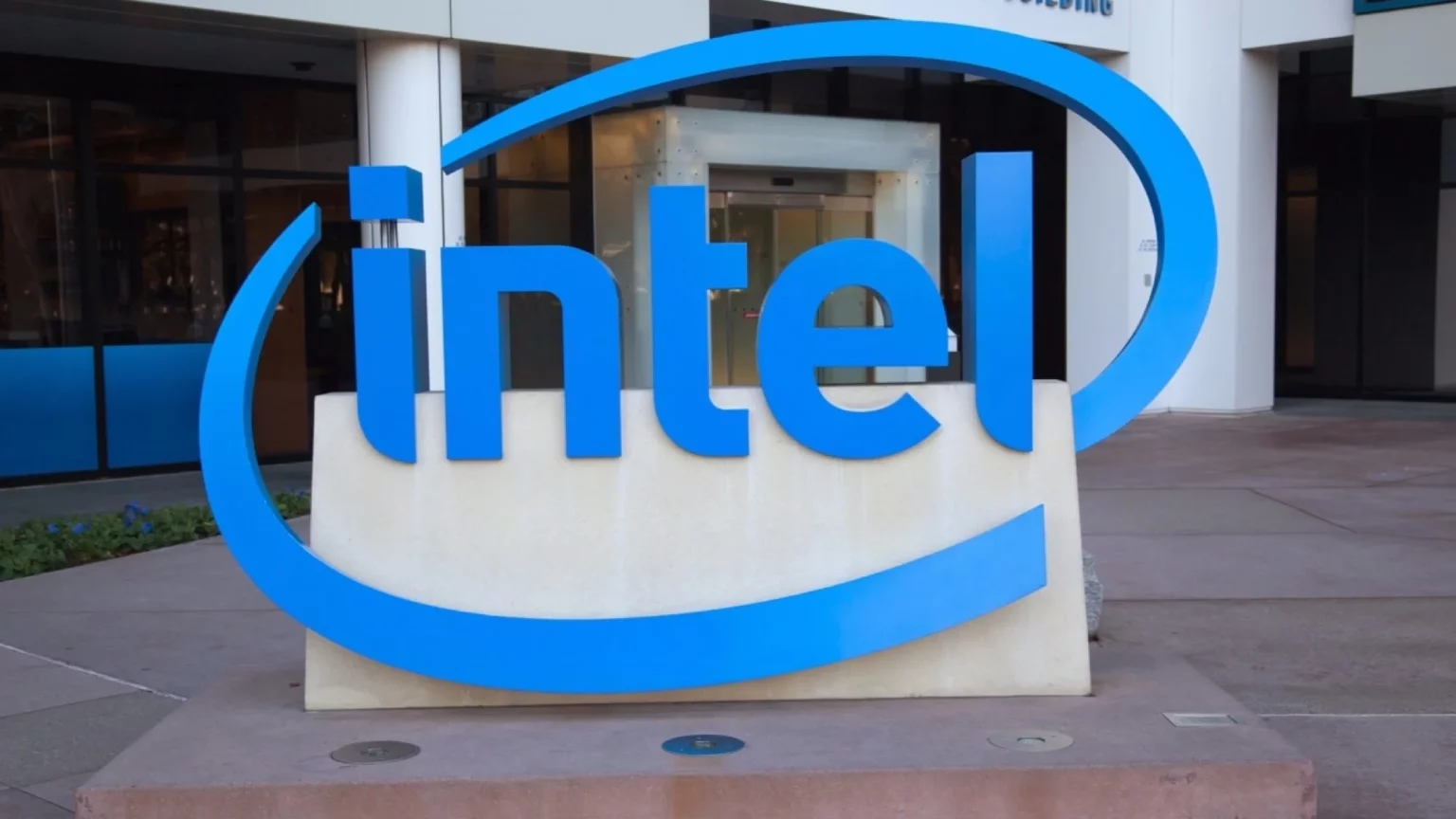Intel Corp’s ambitious $5.4 billion acquisition bid for Israeli contract chipmaker Tower Semiconductor Ltd has reached an abrupt end as the contract expiration date arrives. According to sources familiar with the situation, the deal faced insurmountable hurdles, leading to Intel’s decision to terminate the acquisition.
A critical stumbling block emerged when Intel failed to secure approval from Chinese regulators for the acquisition in February 2022, a condition stipulated in the contract with Tower Semiconductor. As the clock ran out on the contract, Intel opted to sidestep negotiation for an extension, choosing instead to provide Tower Semiconductor with a break-up fee amounting to $353 million.
This turn of events underscores the broader implications of geopolitical tensions, particularly those between the United States and China, on business negotiations, particularly within the technology sector. Disputes spanning trade, intellectual property, and geopolitical concerns, including the future of Taiwan, are demonstrably impacting intricate business transactions, as highlighted by reports from The Star.
The challenge of obtaining regulatory clearance from Chinese authorities had previously prompted DuPont De Nemours Inc to abandon its own $5.2 billion acquisition of electronics materials manufacturer Rogers Corp last year.
Amidst these unfolding events, Pat Gelsinger, Intel’s CEO, has been diligently striving to obtain the green light from Chinese regulatory authorities for the Tower Semiconductor deal.
Gelsinger’s personal visits to China to engage with officials reflect the company’s commitment to the deal’s success. Simultaneously, Gelsinger has outlined plans to invest in Intel’s foundry business, which is responsible for producing chips for third-party companies. This strategic direction remains steadfast irrespective of the outcome of the Tower Semiconductor deal.
The proposed acquisition of Tower Semiconductor was noteworthy not only for its magnitude but also as the largest-ever foreign investment in Israel. In June, Israeli Prime Minister Benjamin Netanyahu’s announcement revealed that Intel would channel a substantial $25 billion investment into a new factory within the nation’s borders.
The uncertainty surrounding the fate of the Tower Semiconductor deal has dealt a blow to investor confidence. The Nasdaq-listed shares of Tower Semiconductor, which previously closed at $53 per share, experienced a sharp descent to $33.78 as the deal reached its conclusion.
Coincidentally, Intel’s foundry division has undergone a period of remarkable growth. The division’s second-quarter sales soared from $57 million to $232 million, surpassing competitors like Taiwan Semiconductor Manufacturing Co, a dominant force in the market. This success underscores Intel’s determination to remain at the forefront of technological innovation despite the challenges encountered in its pursuit of the Tower Semiconductor acquisition.




